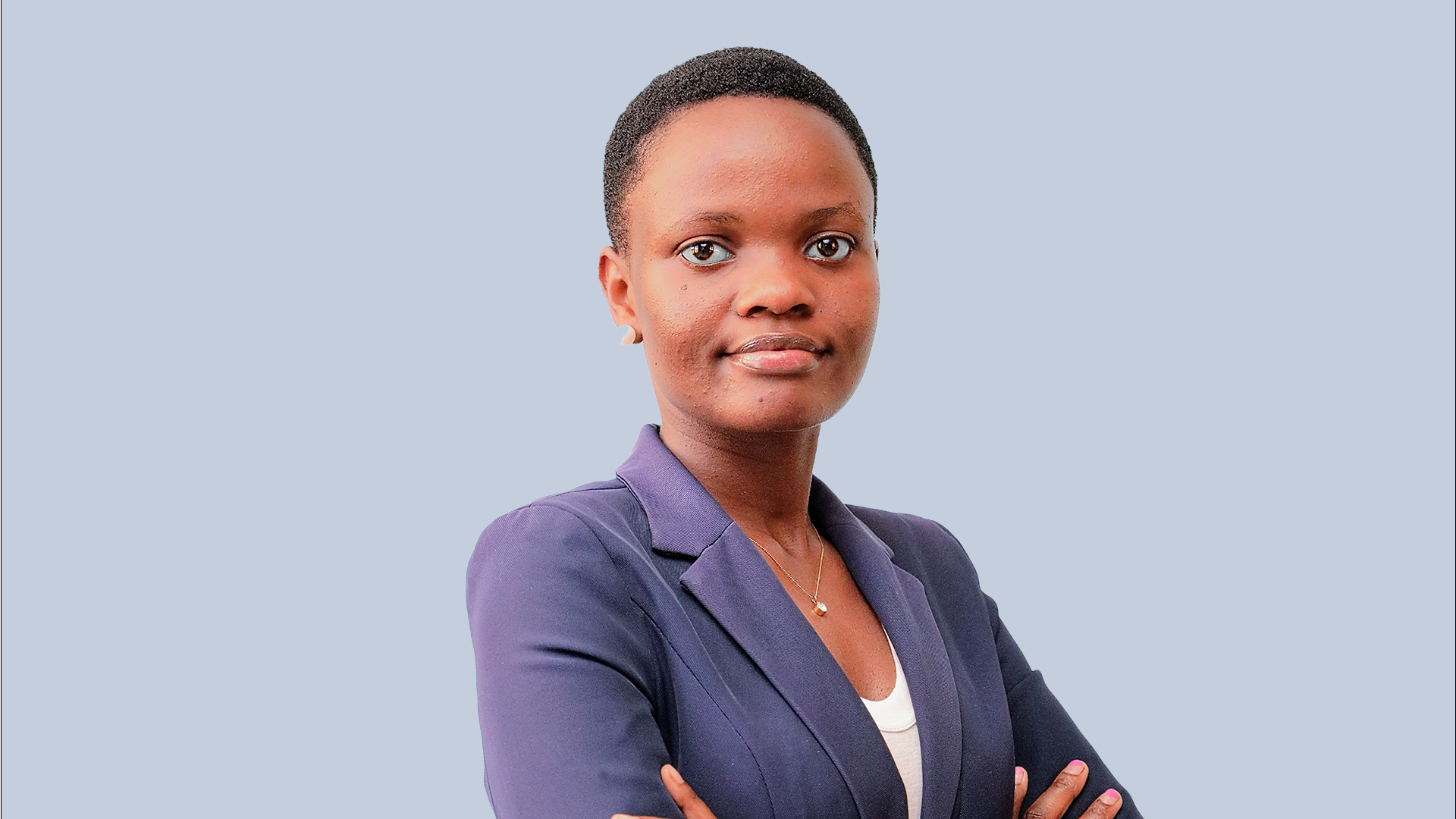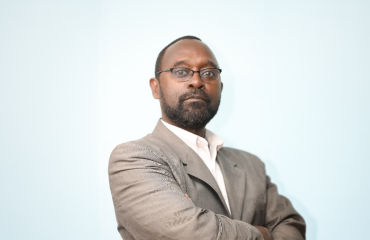Uganda is will be celebrating 63 years of self-rule this Independence Day; older than over 70% of Uganda’s population, yet the vibe is fresher than ever. Back in 1962, Independence was all about raising the flag. In 2025, it is about raising internet speeds and opening up new digital possibilities. No more endless office queues. You can now apply for your documents while relaxing at home, and your TikTok videos load smoothly without buffering. That’s the kind of freedom we can all vibe with.
Back in 1962, Uganda’s dream was simple yet powerful: freedom, dignity, and the chance to shape its own future. That rising flag was not just a piece of cloth, it carried a promise to generations.
Fast forward to 1986, when President Yoweri Kaguta Museveni and the National Resistance Movement stepped in, determined to turn that promise into reality. Since then, Uganda has steadily built a foundation of stability and growth, laying tarmac roads, expanding schools and health services, and now driving a bold push into ICT, the true backbone of a modern society.
From smoother highways to faster internet speeds, the progress is hard to miss. President Museveni and his team have kept the vision alive, showing that the dream of 1962 is more than history, it’s a living journey we can see and feel today.
Take the internet, for example. Uganda has rolled out more than 4,000 kilometres of fibre-optic cable across 57 districts, linked over 1,500 government sites, and digitised over 60% of government services. The cost of internet has plunged from $205 in 2021 to just $35 today. That’s not a small upgrade, it’s a quiet revolution.
It means a farmer in Gulu can check crop prices before planting. A student in Arua can join an online lecture without missing a word. An entrepreneur in Mbarara can pitch to investors in London without ever leaving home. And yes, even your TikTok-loving cousin can finally stream or go live without the endless buffering. That’s independence you can actually feel. After all, can we really call it independence if TikTok still freezes every time you go live?
ICT is not just about gadgets or cool technology, it’s about efficiency, inclusion, and real opportunity. Today, citizens can pay taxes, apply for passports, or access government services online without spending hours in long queues.
That’s liberation from bureaucracy. That is freedom from wasted time and in a country that fought so hard for independence, this everyday freedom carries a special weight, it’s independence you can feel in daily life.
Education is another place where the digital wave is reshaping Uganda’s future. ICT labs now reach more than 1,400 schools, nearly 500 schools have internet access, and national libraries have been upgraded to meet modern needs.
Progress is easy to see in Uganda’s media and communication space. Digital terrestrial TV now reaches 85 percent of the country, radio 90 percent, and mobile networks 89 percent. From Karamoja to Kisoro, no one is truly cut off, people can tune in for news, share entertainment, and tap into new opportunities. Independence has always been about unity, and today ICT makes that unity real and practical.
Of course, challenges remain. Some districts are still outside the fibre-optic backbone. Digital literacy is not universal, and not everyone can afford the devices needed to get online. But independence itself was never smooth sailing. Uganda has already overcome colonisers, internal conflict, and economic hardship to reach this point. These ICT gaps are not stop signs, they are simply reminders of what is left to do. And history shows that Uganda knows how to push through.
The digital wave keeps rising. Internet penetration has leapt from 25 percent in 2017 to 67 percent today, putting more Ugandans online than ever before. Ideas spread faster, businesses grow quicker, and young people gain powerful tools to shape their futures. Independence in 1962 gave Ugandans the right to dream. The liberation of 1986 brought the stability to build. Now ICT is handing us the tools to turn those dreams into reality.
Independence is not just a chapter in a schoolbook; it’s alive every day. It lives in the student finishing an online course, the boda rider using mobile money, and the citizen getting a government service with a click instead of a queue. At 63, Uganda’s story is about this new digital freedom we’re all living.
As the nation celebrates 63 years, it’s only right to give credit where it’s due. President Museveni and his government have built the digital foundation, laying fibre cables, lowering internet costs, digitising services, and equipping schools. These investments are reshaping the country and giving people tools to thrive. The future is faster, brighter, and more connected than ever.
Uganda’s independence was never meant to stand still. It grows with every generation, every innovation, and every bold step forward. Today’s digital revolution is the next chapter of that independence story. Uganda is plugged in, inventive, and ready to lead not just in Africa, but on the global stage. When freedom meets Wi-Fi, the future is unstoppable.
This means today’s learners aren’t just dreaming about jobs, they’re gaining the skills to create them. They’re becoming a generation that’s both tech-savvy and globally competitive.
The struggle for independence was about giving Ugandans the power to define their own destiny. In 2025, ICT is the ultimate tool to make that dream real.
By Caroline Mbolanyi




